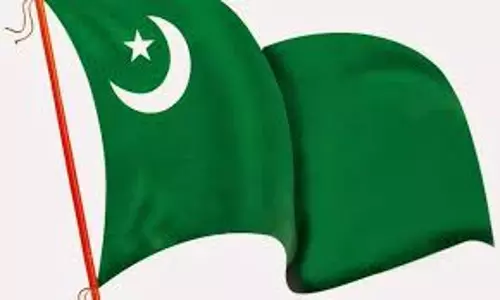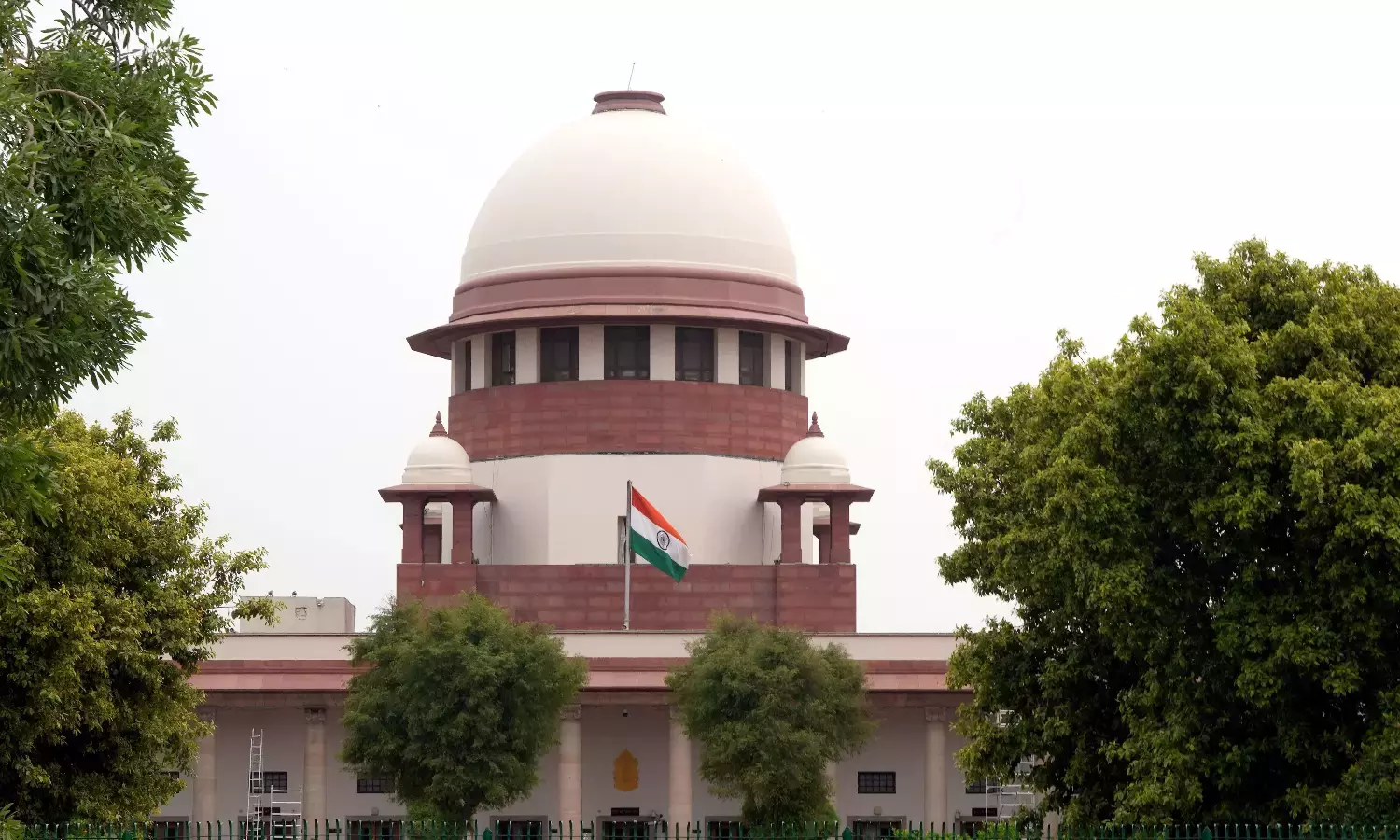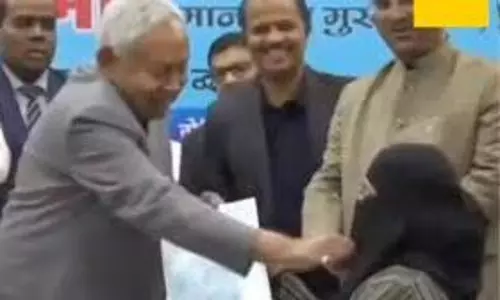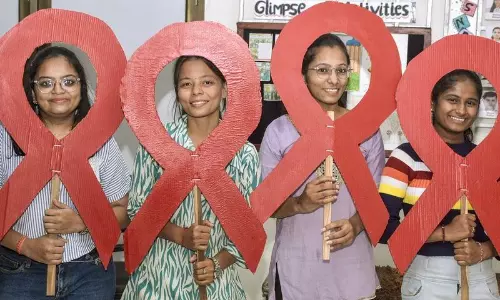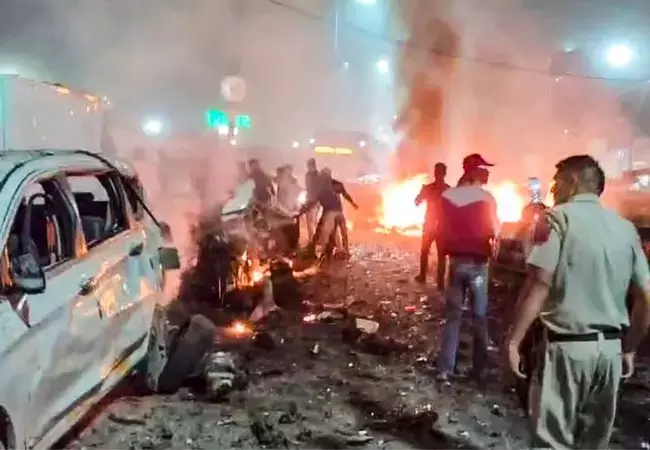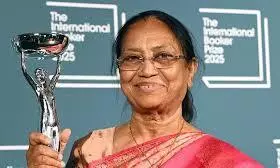
Booker prize winner Banu Mushtaq highlights universality of women’s struggles
text_fieldsBanu Mushtaq, the journalist, lawyer, activist, and now International Booker Prize winner, says her storytelling resonates globally because the struggles and emotional experiences of women are universal.
Her acclaimed short story collection Heart Lamp, which won the prestigious prize on Tuesday, brings to life the everyday realities of Muslim women in South India.
In an exclusive interview with NDTV, Mushtaq reflected on why her anthology of 12 stories found such deep global resonance. “These types of issues, turmoil, emotional explosions—it can be traced universally in all parts of the world. That is their opinion,” she said, referring to her readers.
The Heart Lamp stories, drawn from personal observations and three decades of writing, document individual experiences rooted in her activism and lived reality. Mushtaq emphasised that although the stories are based on real lives, they have evolved through fiction into a literary form embraced by international audiences.
"The stories in Heart Lamp are socially committed pieces. They are individual experiences which have been documented by me," she said. "It has grown in my mind, in fiction, in form, which have been accepted by the global audience."
The anthology offers a compelling portrayal of girls and women in Muslim communities across South India—narratives shaped by Mushtaq’s fight against caste and religious oppression. Her characters’ lives reflect the cultural specificity of their settings while capturing emotions and struggles that feel globally relevant.
First published after she won a short story competition in 2022, Heart Lamp came into existence as part of the contest’s prize—one of the author’s books would be translated into English and published.
Translated from Kannada by Deepa Bhasthi, the book retains a rich colloquial tone that enhances its authenticity. Mushtaq said the Booker Committee appreciated the style and storytelling technique. “They are impressed by the style. They say it starts in an innocent way and gives an abrupt shock in course of the story,” she noted.
Though multilingual, Mushtaq chose to write in Kannada. Growing up in a traditional Muslim household, her first language was Dakhni Urdu—a southern dialect with influences from many local languages. But she was also taught Urdu and Arabic by her grandfather, while attending a Kannada-medium school. "It was the language I felt most comfortable in," she said.
Accepting the award at London’s Tate Gallery, Mushtaq described her win as a “victory for diversity,” a testament to the power of regional voices in global literature.




